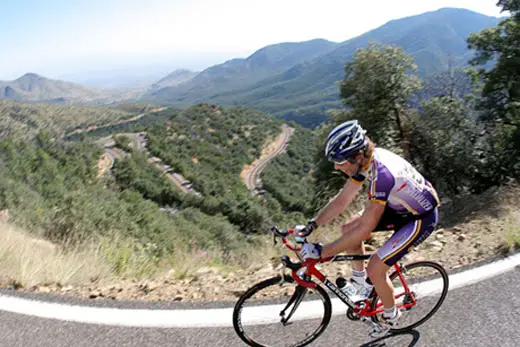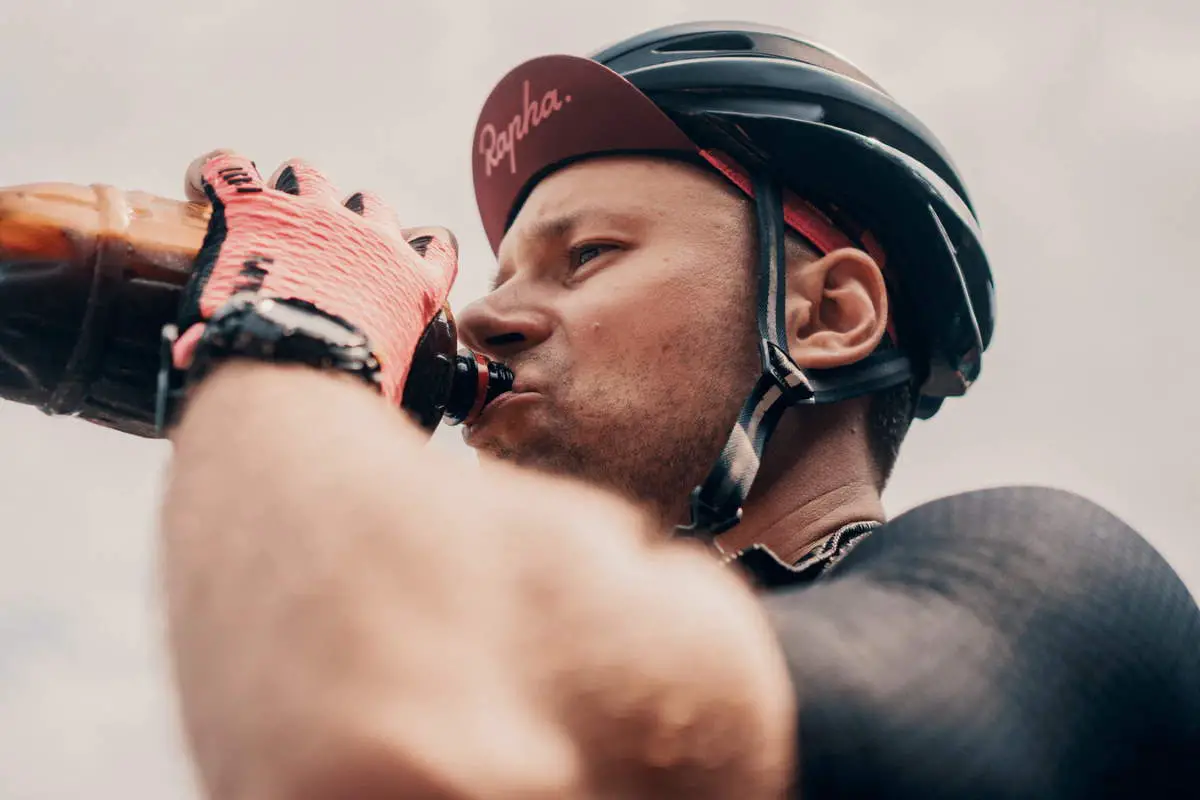Minerals and vitamins aren’t optional if you’re serious about improving your cycling performance. The appropriate proportions of these micro-nutrients can give you more energy, quicker recovery times, and increased endurance. They’re essential for energy production and muscle recovery. Supplement use contributes significantly to total vitamin and mineral intakes in the general population. According to studies, 7 out of 10 cyclists consume more vitamins and minerals via supplements than from diets. As a result, supplement use decreases a fraction of the general population with low nutrient consumption. Here are the five essential vitamins and minerals that cyclists need.
Vitamin E
Vitamin E is especially crucial if you spend a lot of time in traffic because the car exhaust you’re inhaling is full of hazardous free radicals. At higher altitudes, vitamin E appears to help with respiratory capacity. Nowadays, most multivitamins contain vitamin E, which needless to say is a great advantage. However, what’s even better is that personalized multivitamins are now available, which can greatly aid your performance.
Magnesium
When you train hard, you excrete enough magnesium through urine and sweat to boost your magnesium requirements by up to 20%. That means if you don’t receive the necessary daily magnesium intake of 320mg for women and 420mg for men, you might quickly be deficient. Studies suggest that maintaining adequate magnesium levels is critical for maintaining muscle and bone mass and delaying bone loss as we age.

Iron
When it comes to vital minerals and vitamins for cyclists, iron is critical for the production of red blood cells, which transport oxygen to your muscles via the bloodstream. If you raise the intensity of your workout, your iron requirements will rise.
You’ll feel chronically exhausted and your riding performance will deteriorate if you have iron-deficiency anemia. Because iron is lost through sweat, red blood cell disintegration, and menstruation, it’s easy to become iron deficient. Foods with a high iron concentration include meat, chicken, and shellfish.
Vitamin D
Vitamin D aids in the formation of bones, the maintenance of muscular mass, and the acceleration of metabolism. According to research, boosting vitamin D levels in your blood to 75 to 100 nmol/L will help you improve your aerobic capacity, muscle growth, muscle force, and power, as well as reduce your recovery time after intense workouts and improve bone density.
Even very active bikers can have vitamin D insufficiency since they tend to stay home in the mornings or plaster themselves with sunscreen lotions when they are outside. Cyclists need personalized vitamins for their daily needs and it varies depending on how active the cyclist is.
Magnesium
Magnesium is essential for bone health, energy production, and appropriate cardiac rhythm, among other things. It is involved in over 300 metabolic activities in the body. Magnesium is also useful for preventing and treating muscular cramps. Several studies have indicated that endurance athletes who take magnesium supplements recover quicker and perform better.
Cycling’s wear and tear on our bodies need an increase in calorie consumption, but the emphasis here is on micronutrients, vitamins, and minerals. Selecting nutrient-dense foods can improve your performance, make you feel stronger, and help maintain long-term health.
- A Guide To Watching The Tour de France 2024 in Person - April 11, 2024
- For Cyclists, Rest Days Are Essential To Avoiding Long-Term Injury - June 27, 2023
- Why Cyclists Need Complex Carbohydrates For Enhanced Endurance - February 12, 2022
